Public Scholars for the Future Cohort 2024-2025
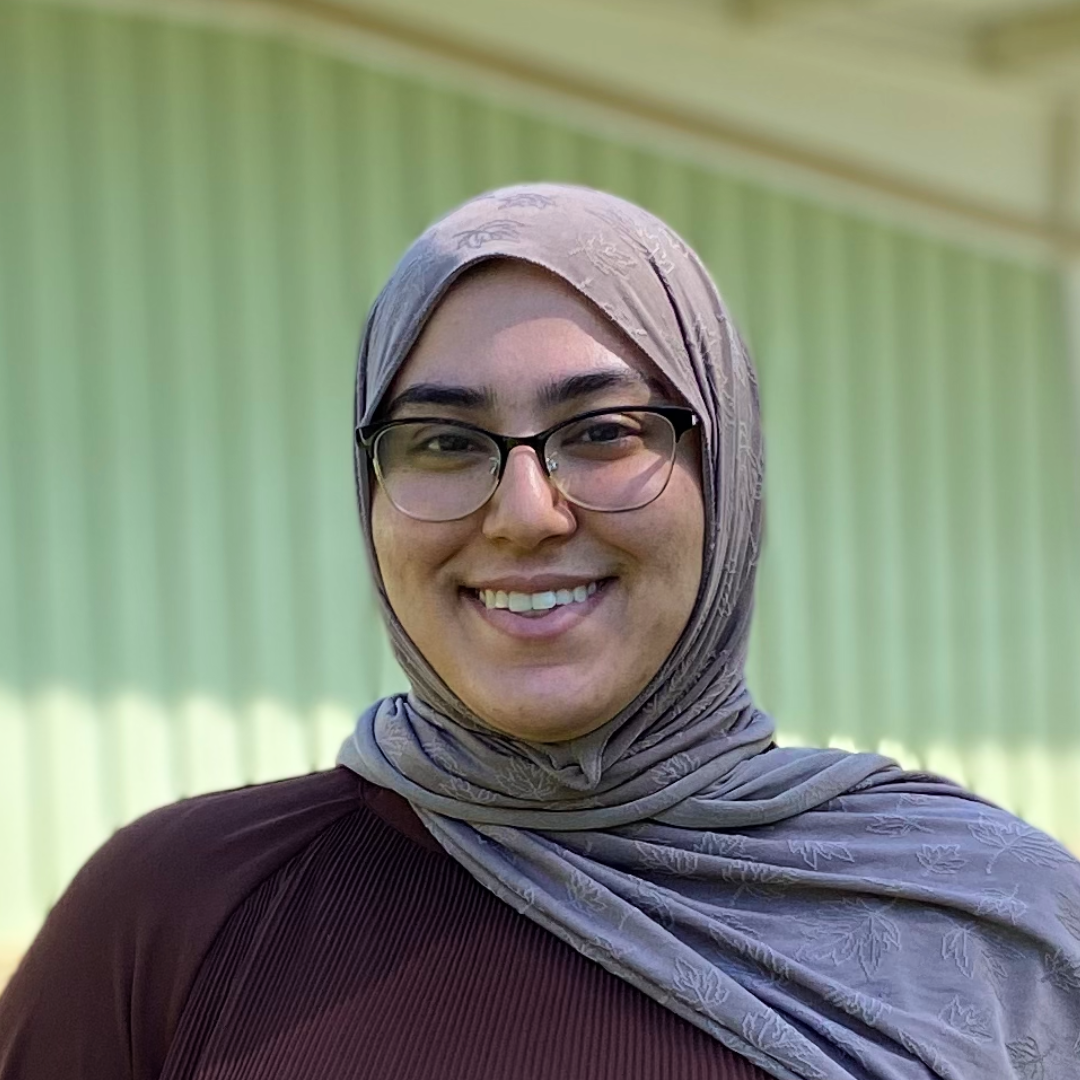
Hala Alkhatib
Human Development
Hala is a second-year Ph.D. student in the Human Development Graduate Group. Her research focuses on autism spectrum disorder (ASD) in the Muslim community. Specifically, Hala aims to understand the perceptions and etiological beliefs that Muslim parents have about ASD, whether religious leaders are a source of knowledge for parents to better understand their child’s development, and if parents seek spiritual interventions for their children. Overall, her primary goal is to identify differences in perceptions, disparities in receiving a diagnosis, and choice of intervention (e.g., evidence-based vs. spiritual) in the community which can then inform future interventions to enhance knowledge of ASD in the Muslim community and access to services. She aims to disseminate findings to community partners to overcome the various barriers that prevent the translation of research results into communities.
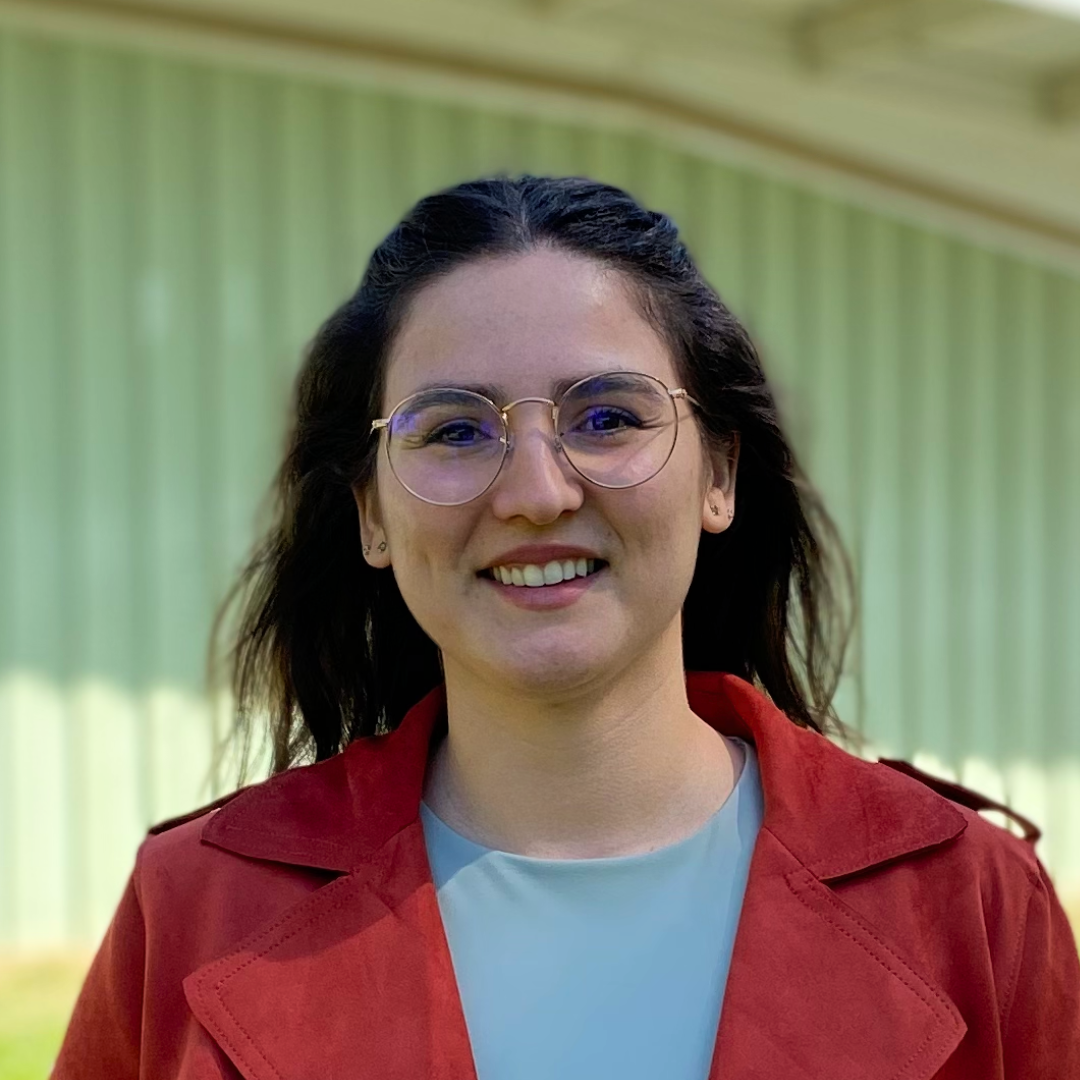
Diana Giraldo
Ecology
Diana is a storyteller, a Colombian-born immigrant raised in the Central Valley of California, and the first in her family to attend a four-year institution. She began her career as a newspaper reporter sharing the stories of community members in the San Joaquin Valley. Diana has since then applied her knowledge as a strategic communicator with the nonprofit, business and public sectors. Diana is a Ph.D. student in the Graduate Group in Ecology and a member of the Center for Environmental Policy and Behavior. Her research interests are in collaborative governance of social-ecological systems, focusing on epistemic equity and institutional diversity through the climate transition. Diana has a B.A. in mass communications and journalism from CSU Fresno, and an M.S. in environmental policy and management from UC Davis, specializing in climate change science and policy and water resource management.
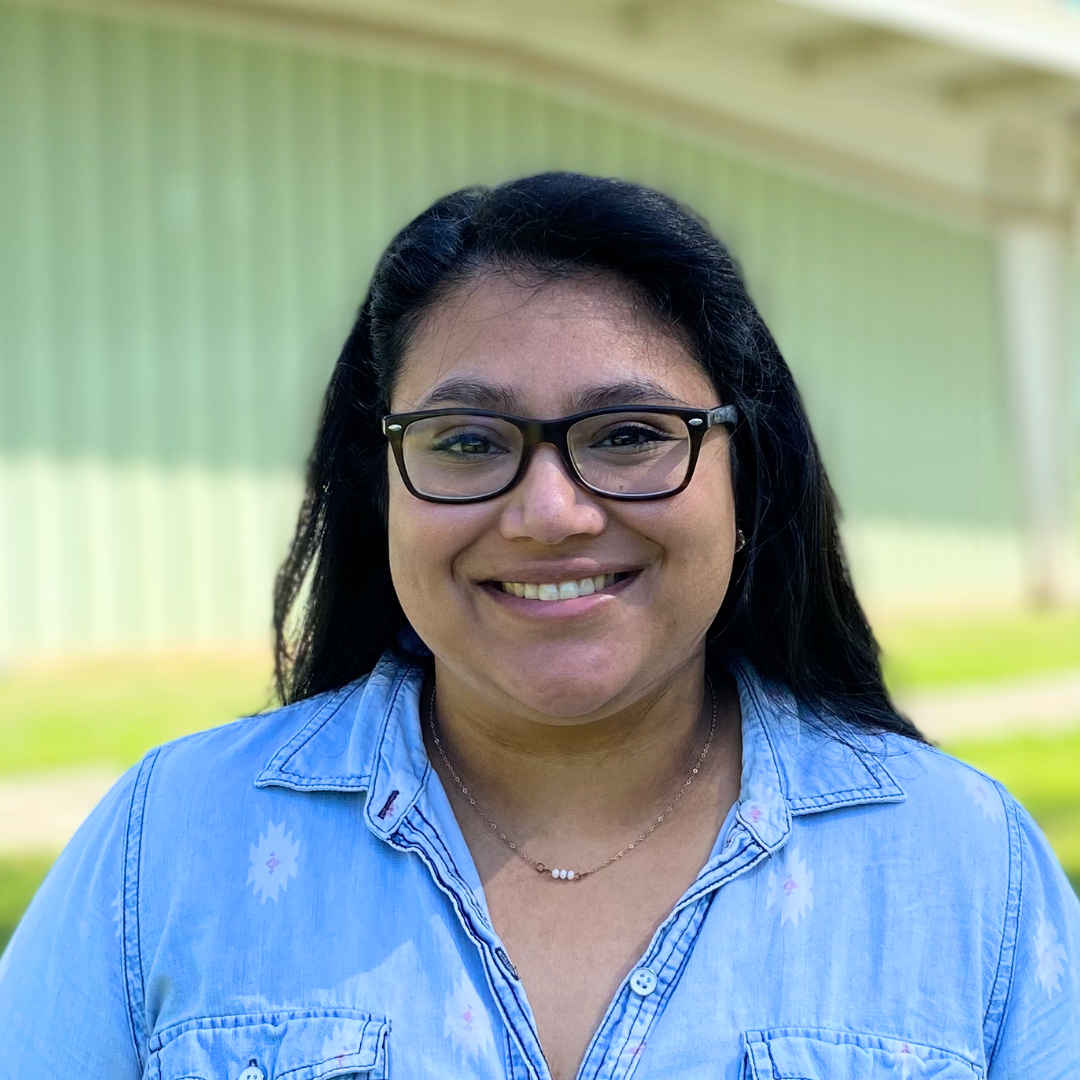
Melissa Gomes
Linguistics
Melissa is a fourth-year Ph.D. candidate in the Department of Linguistics. Melissa’s research interests center around one of her family's heritage languages, Konkani. As an academic, her research includes sociolinguistic work on language maintenance of Konkani as a heritage language as well as morphosyntactic work on the structure of Konkani. As a community member, Melissa strives to use research to help promote Konkani maintenance and create tools for Konkani language learning. Like many second-generation Goans in the diaspora, Konkani was not passed on to Melissa as a child. As a result, she is eager to learn Konkani herself and document her journey of learning her heritage language as both a linguist and a Goan-American.
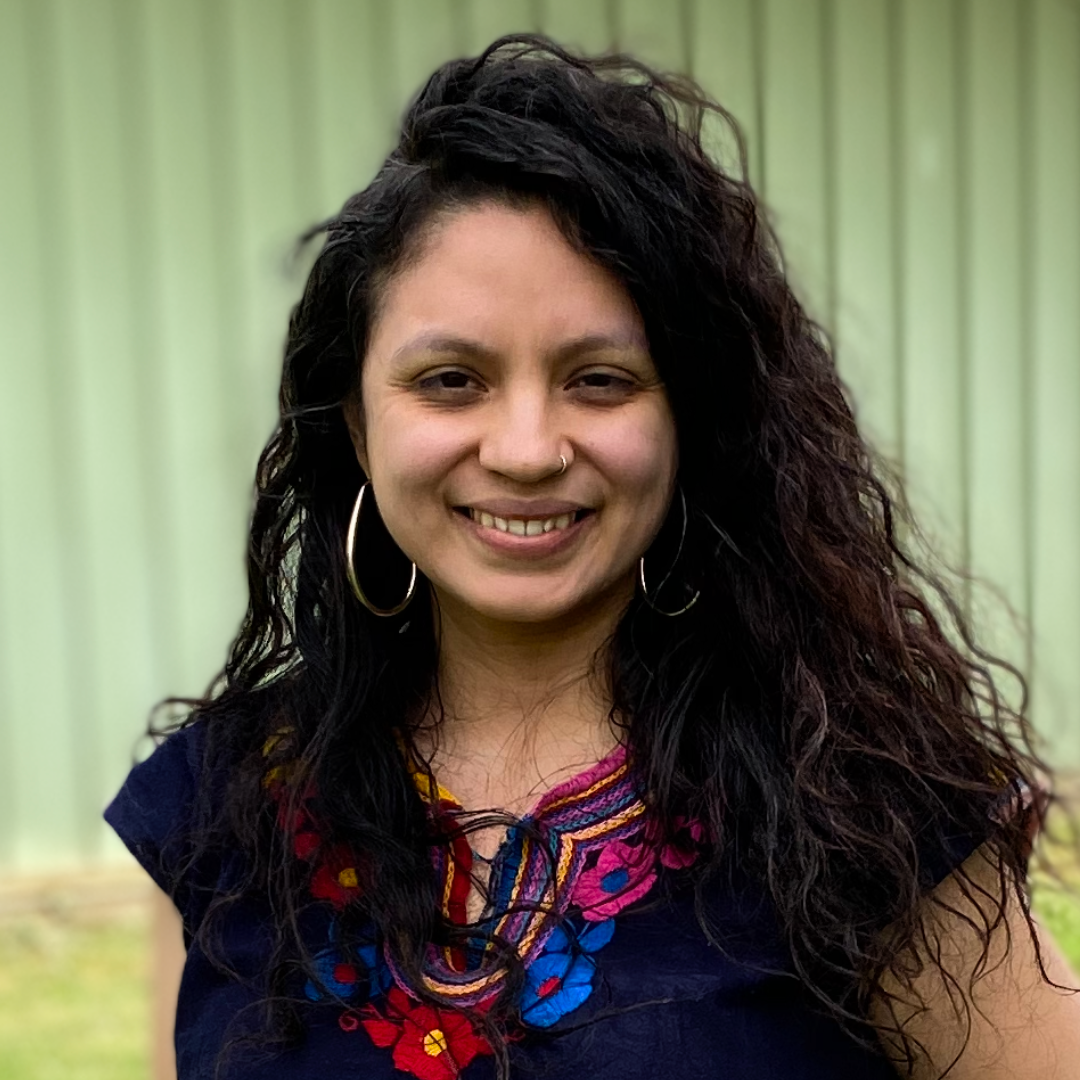
Izamar Ortiz-González
School of Education
Izamar is a former high school teacher and a Ph.D. candidate in the School of Education. Her research focuses on retaining teachers of color, specifically on the lived experiences and working conditions of Chicana/Latina teachers in public schools throughout Sacramento and Stockton, California. This research is timely given that teacher attrition among teachers of color is higher than their white counterparts, and the documented academic and social benefit of teachers of color. She wants to improve public education and inform school policy by uplifting and centering teacher voices through their testimonios. Through the public scholar program, she wants to empower her teacher collaborators.
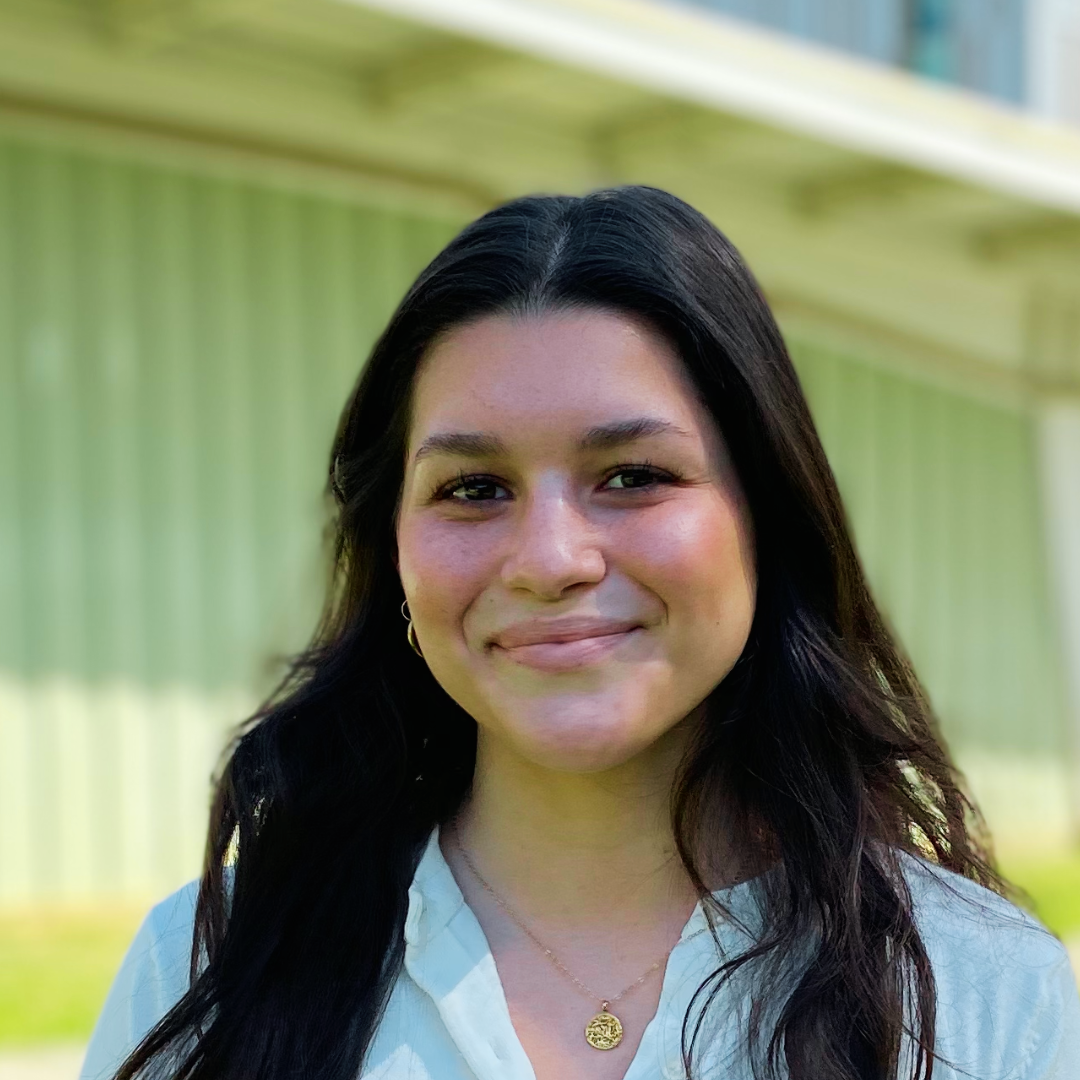
Elisabeth Sellinger
Earth and Planetary Sciences
Elisabeth is a first-year Ph.D. student in the Department of Earth and Planetary Sciences and Bodega Marine Laboratory. Her research looks at carbon stored in the ocean — referred to as ‘blue carbon’ — in seagrass ecosystems along the California coast. Elisabeth aims to quantify short-term blue carbon accumulation in sediment by seagrass meadows to enhance our understanding of this invaluable marine system. In addition, she is focusing her work on stakeholder involvement and public engagement at Monterey Bay National Marine Sanctuary and Greater Farallones National Marine Sanctuary in an effort to break down the barriers between academic pursuits and local needs. She is excited to strengthen her skills in multi-directional dialogue, relationship building and decision making to pursue publicly engaged research in coastal communities.
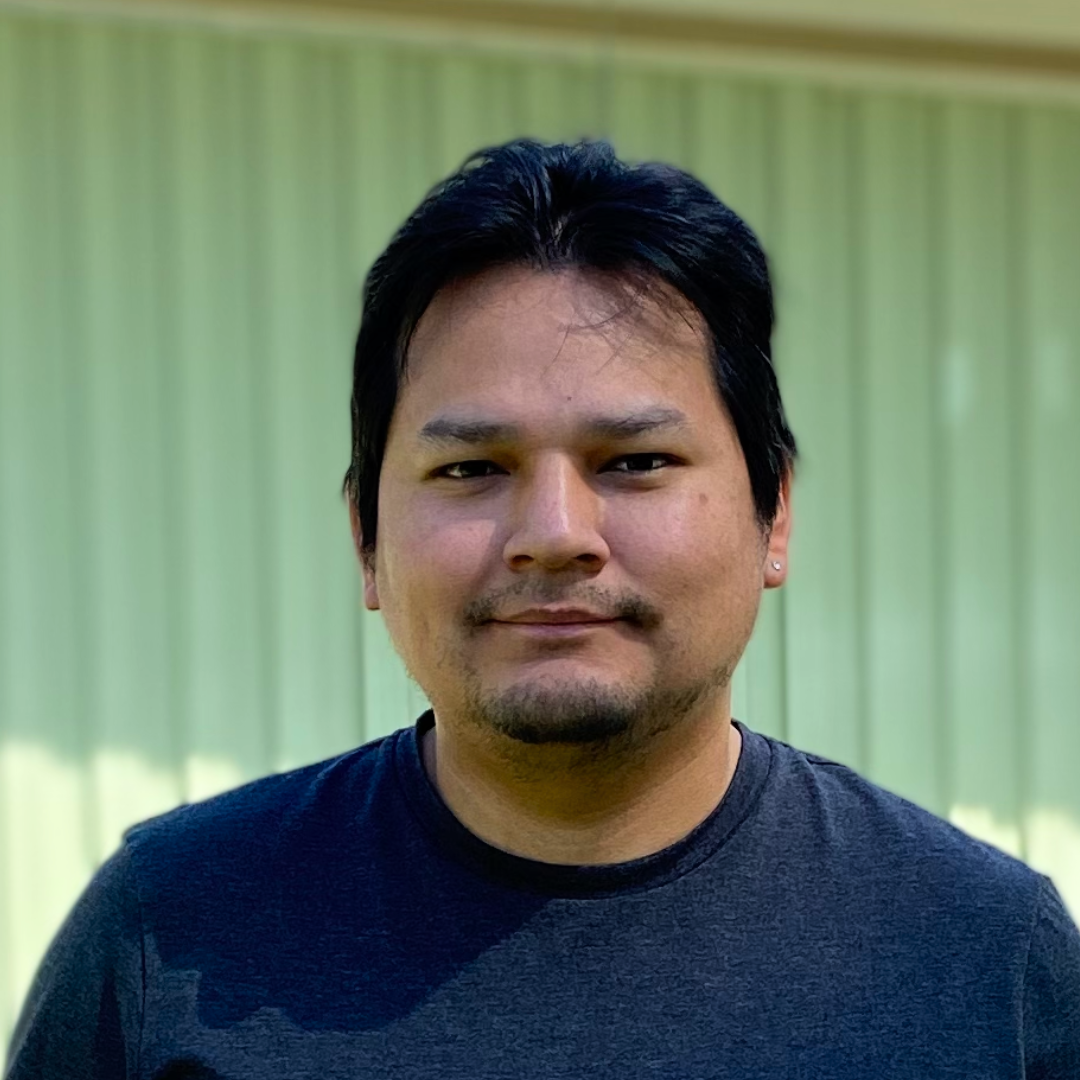
Carlos Torres-Astocóndor
Spanish and Portuguese
Carlos is a Ph.D. candidate in Latin American literature and culture in the Department of Spanish and Portuguese, with designated emphases in environmental humanities and human rights. His research analyzes the literary representations of the social, cultural and ecological consequences of rubber exploitation in the early 20th-century in Amazonia. He is also interested in developing a space for discussion and reflection on the historical perspective provided by indigenous communities in Loreto, Peru, regarding extractivist practices — both past (rubber and oil) and present (mining and logging). In this way, these spaces seek to promote a recovery of Amazonian indigenous communities’ intergenerational memory through the construction of a digital archive (via digital narratives, podcasts and visual art publications).
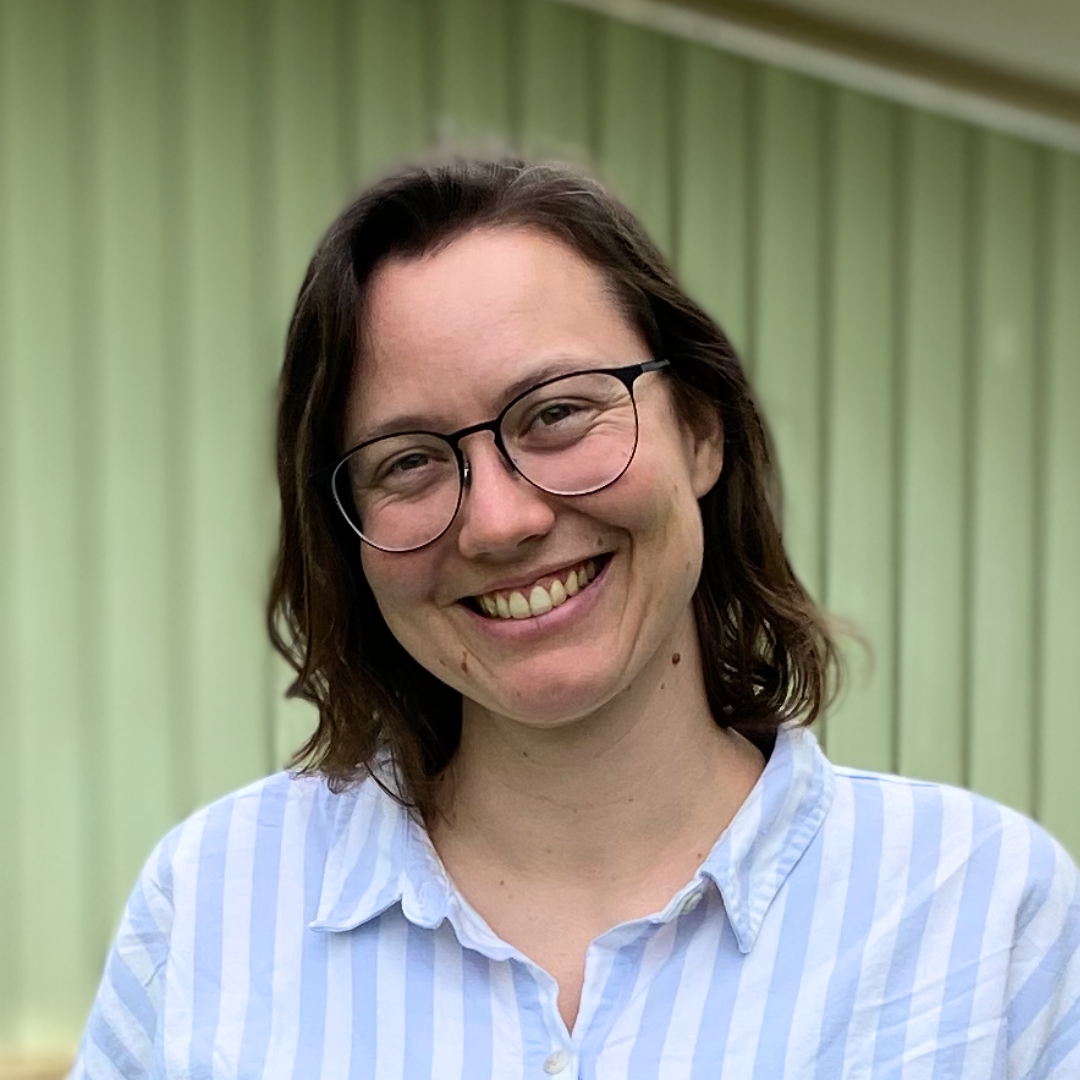
Nina Venuti
Ecology
Nina Venuti is a Ph.D. candidate in the Graduate Group in Ecology and the Department of Plant Sciences. Through her work, Nina aims to understand the ways in which ecological and social communities respond to acute disturbance and persistent change (e.g., fire, climate change), with the ultimate goal of identifying mechanisms for bolstering resilience in California’s social-ecological systems. Her current research focuses on both plant and human community responses to shifting fire regimes in California, and involves specific projects on regeneration and reforestation in California’s yellow pine and mixed-conifer forests, and on community-based prescribed fire efforts throughout the state. Before coming to UC Davis, Nina worked as a research assistant with the California Sea Grant Extension Program on projects related to fisheries, marine debris, and coastal sage scrub restoration. She earned a B.A. in international studies (with a minor in environmental studies) from UC San Diego.
2023-2024 Cohort
- Mei Blundell
-
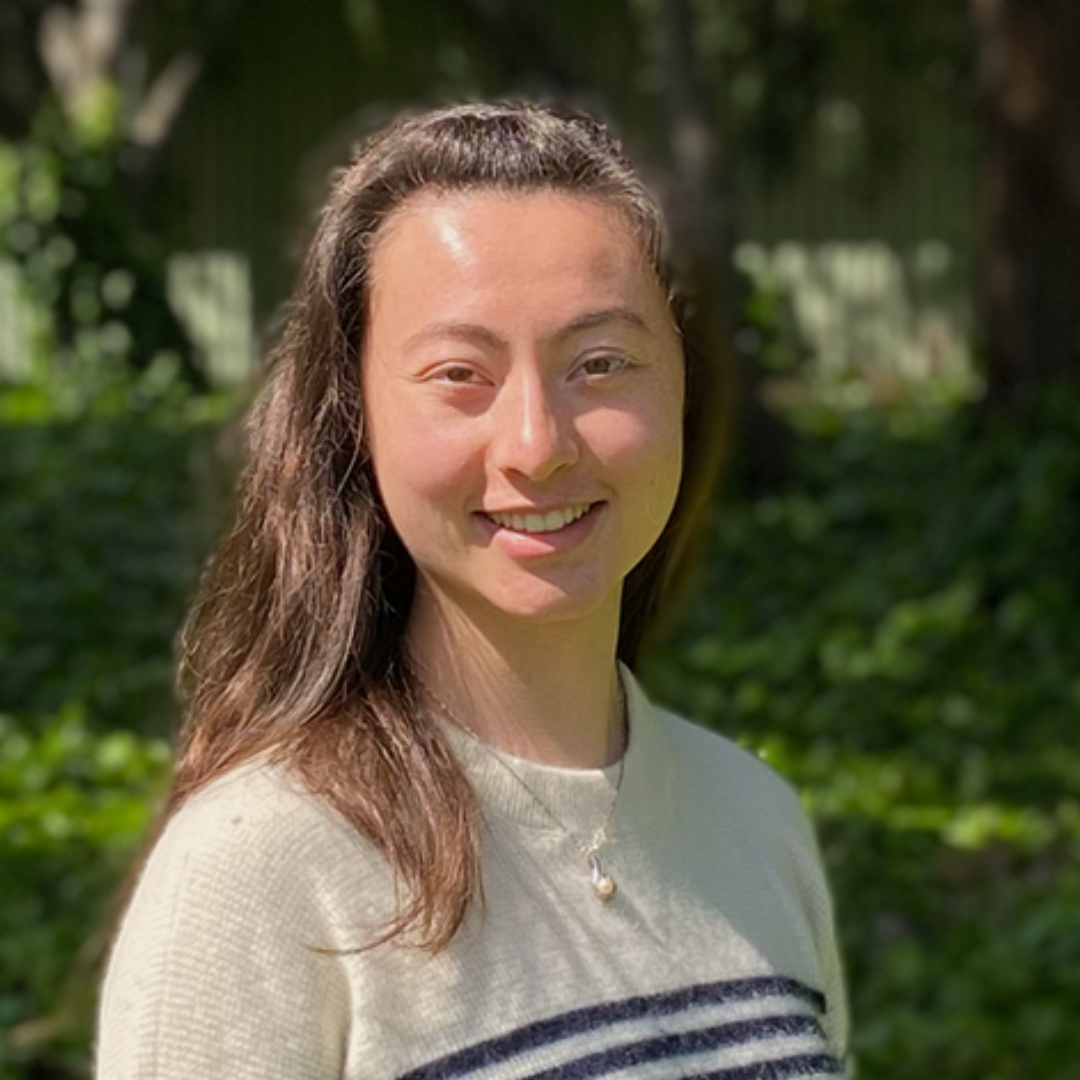
Mei Blundell
Population Biology
Mei is a Ph.D. student in the Population Biology Graduate Group. She is interested in combining ecological modeling and social science methods to facilitate decision-making within social-ecological systems. She is particularly intrigued by factors influencing ecological community stability, and by how cultural context and worldview can influence the ways in which we interact with the natural world. To pursue these interests, she investigates the social and ecological ramifications of kelp forest restoration and engages in interdisciplinary training through the Sustainable Oceans NSF Research Traineeship.
- Robin Boparai
-

Robin Boparai
Epidemiology
Robin studies epidemiologic methods and cortical development. Her service projects in Californian communities aim to bridge public engagement efforts with research to advance public scholarship and to improve health outcomes, and her experience includes working with nonprofit organizations that carry out community-based projects. Robin aims to translate research findings into actionable projects that better health outcomes and promote community engagement.
- Lupe Franco
-
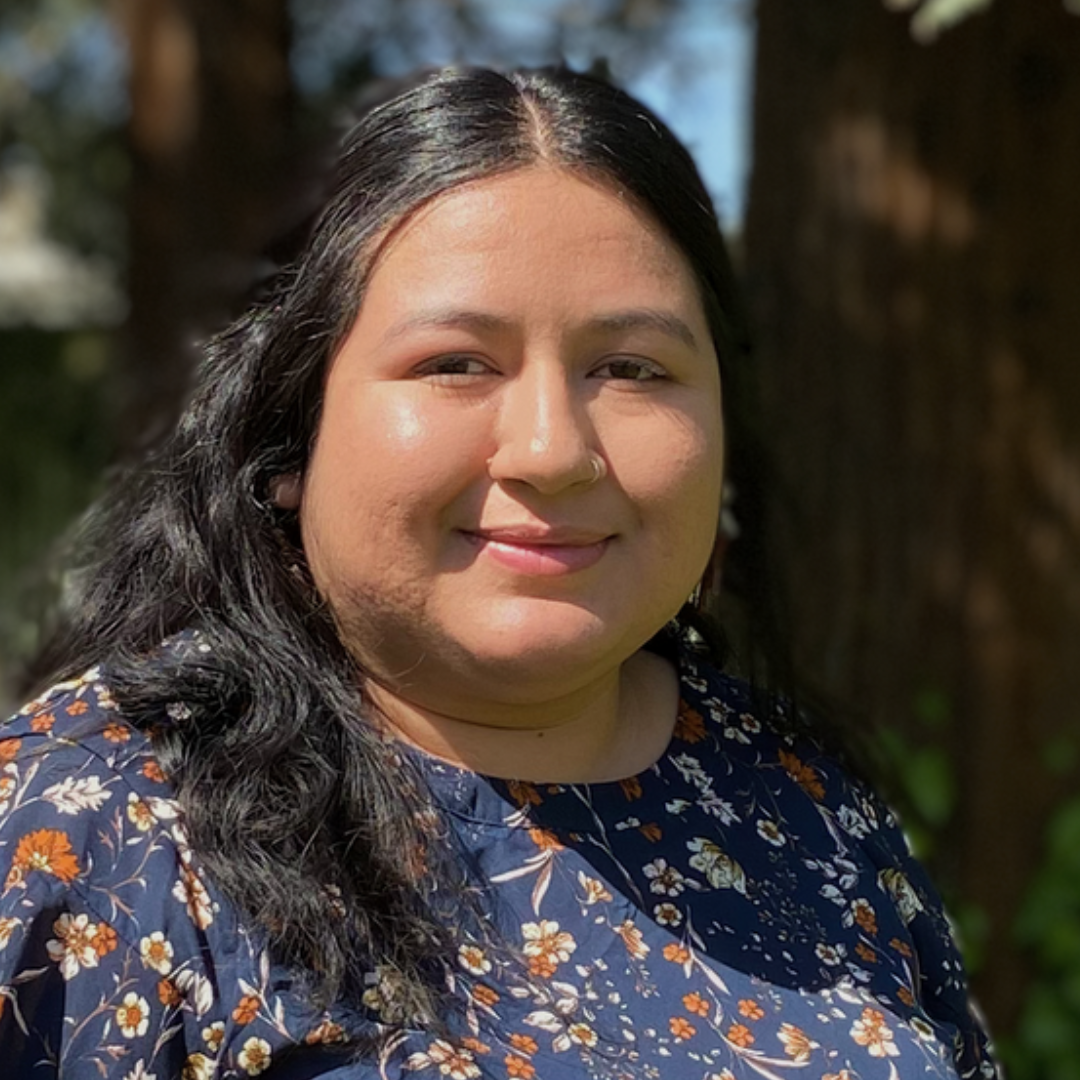
Lupe Franco
Geography
Lupe Franco is a second-year Ph.D. student in geography. Academically, she finds passion in working at the nexus of environmental justice, community development, and geography. Her dissertation project examines the gaps in California's ability to simultaneously address two of the largest challenges today: climate change and homelessness. Recognizing that climate change disproportionately affects communities with pre-existing challenges, she cares about engaging and centering underrepresented populations, such as the unhoused, in efforts that inform equitable climate change policy that can meet the needs of the people.
- Alyson Kim
-
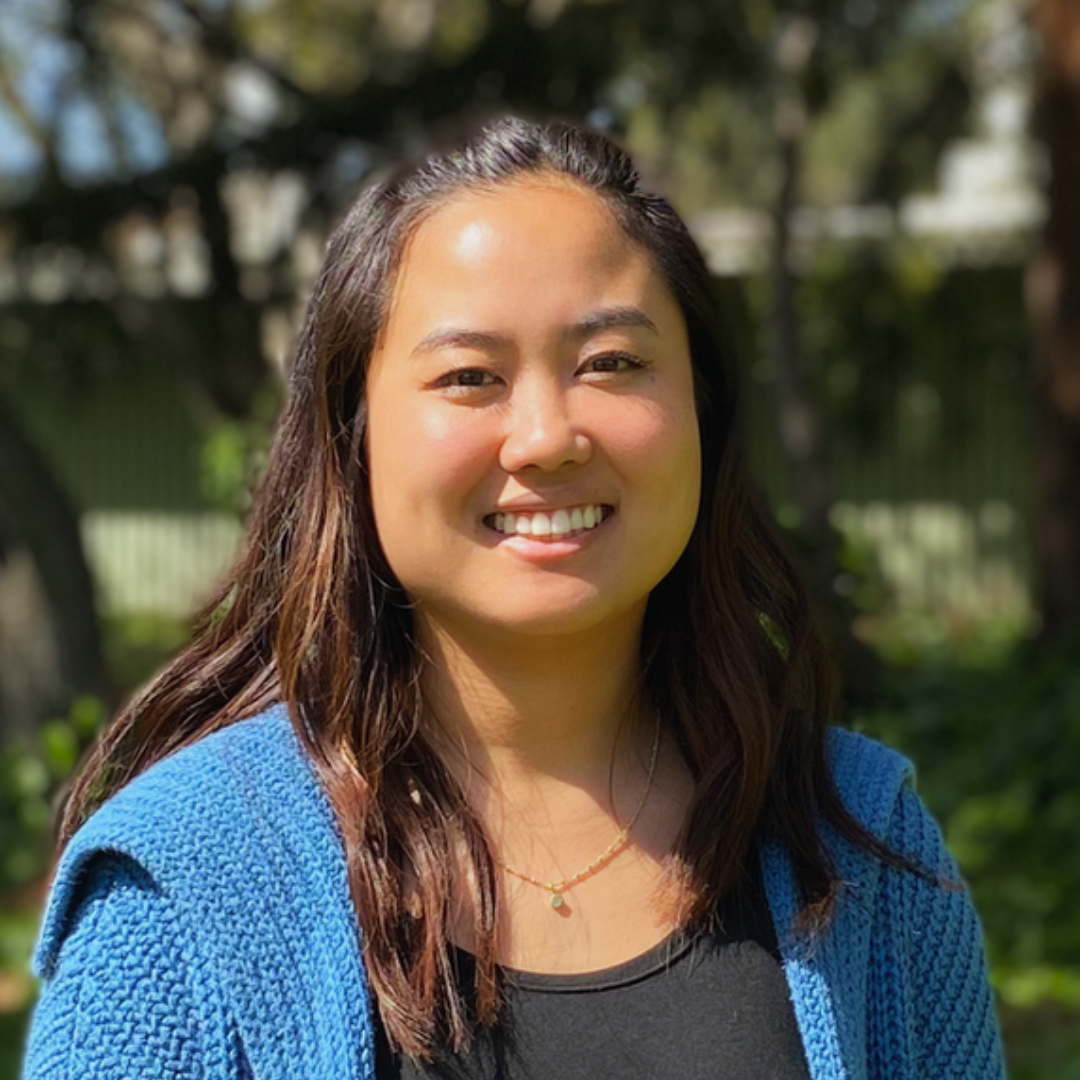
Alyson Kim
Civil and Environmental Engineering
Alyson is a third year civil and environmental engineering Ph.D. candidate studying sustainable building materials. Their research focuses on deriving methods to evaluate cement decarbonization efforts while addressing human health and environmental justice concerns. Alyson’s research (and passion) also analyzes ways to advance sustainability concepts in engineering education, so students feel technically competent and personally motivated to combat climate change swiftly and equitably.
- Aron King
-
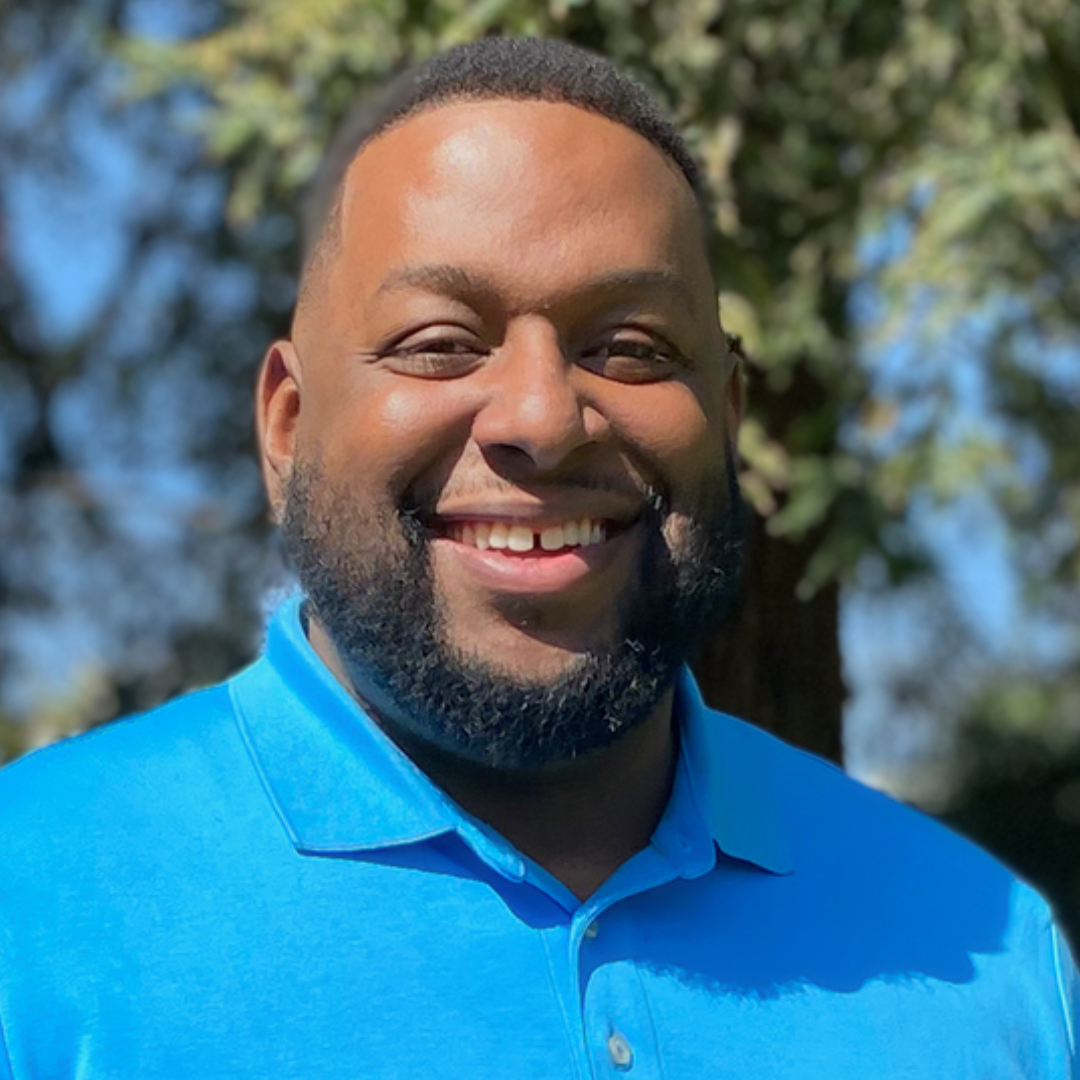
Aron King
Nursing
Aron King is a registered nurse and a first-year Ph.D. student at the Betty Irene Moore School of Nursing. He is currently an assistant nurse manager at UC Davis Health and an executive board member for Capitol City Black Nurses Association. As an advocate for healthcare equity and diversity, he has established annual programs such as the Barbershop Health Talks and the Breaking Down Barriers to Nursing Conference. His research examines the Barbershop Health Talks, a culturally targeted educational video series, as an effective way to engage African American communities to improve health disparities among African American Men. Aron’s primary goal is improving healthcare by increasing diversity in the nursing workforce through outreach in underserved and underrepresented communities of color.
- Jadda Miller
-
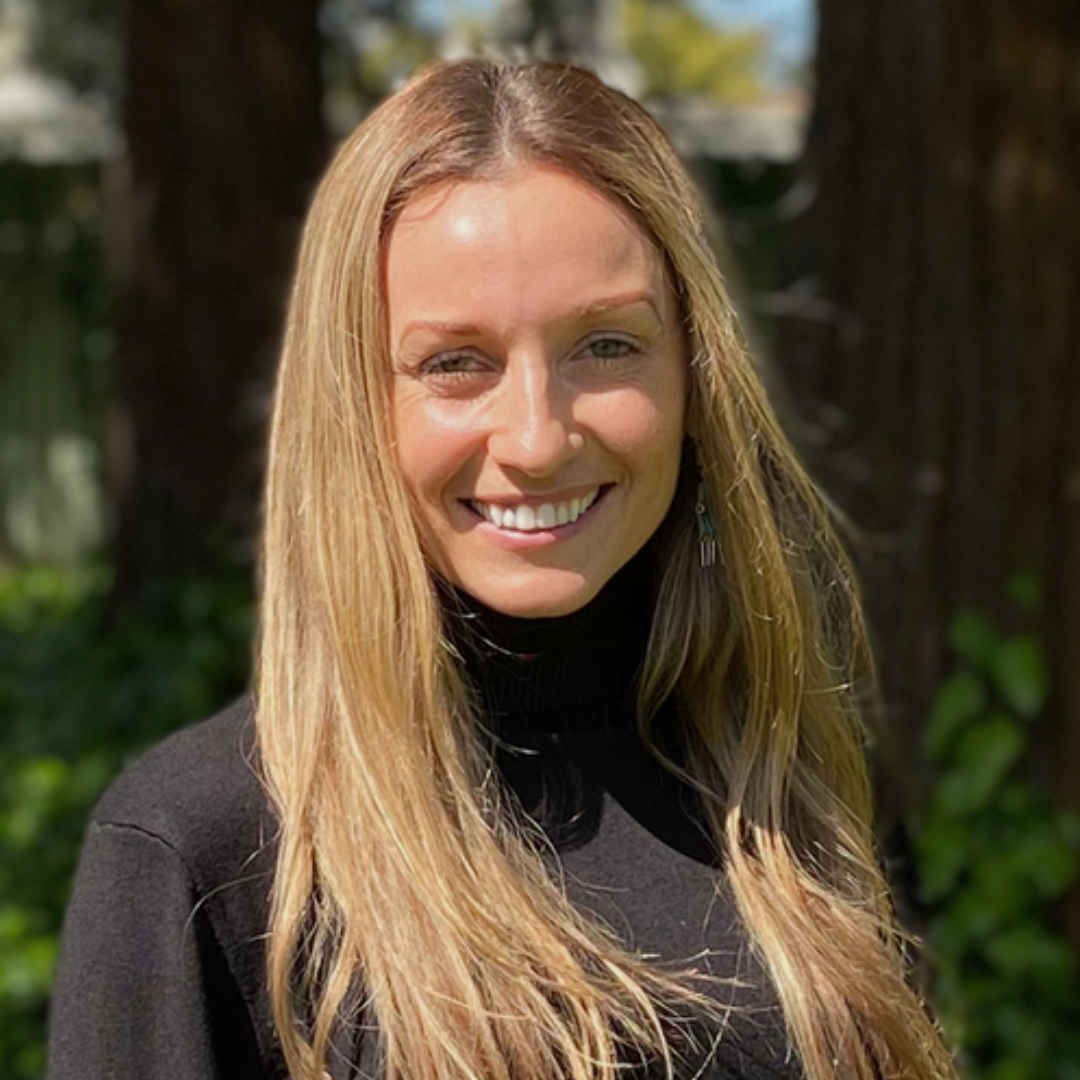
Jadda Miller
Science and Agricultural Education
Jadda Miller is a first-year Ph.D. student in the School of Education studying science and agricultural education with a designated emphasis in Native American Studies. Her research focuses on understanding how collaborative and community-based approaches to scientific research can address local environmental challenges. She is particularly interested in engaging youth in place-based environmental science and land stewardship education that is informed by Traditional Ecological Knowledge (TEK). Jadda holds a master's in environmental science and a bachelor's in sustainable agriculture and food systems.
- Maritza Miramontes
-
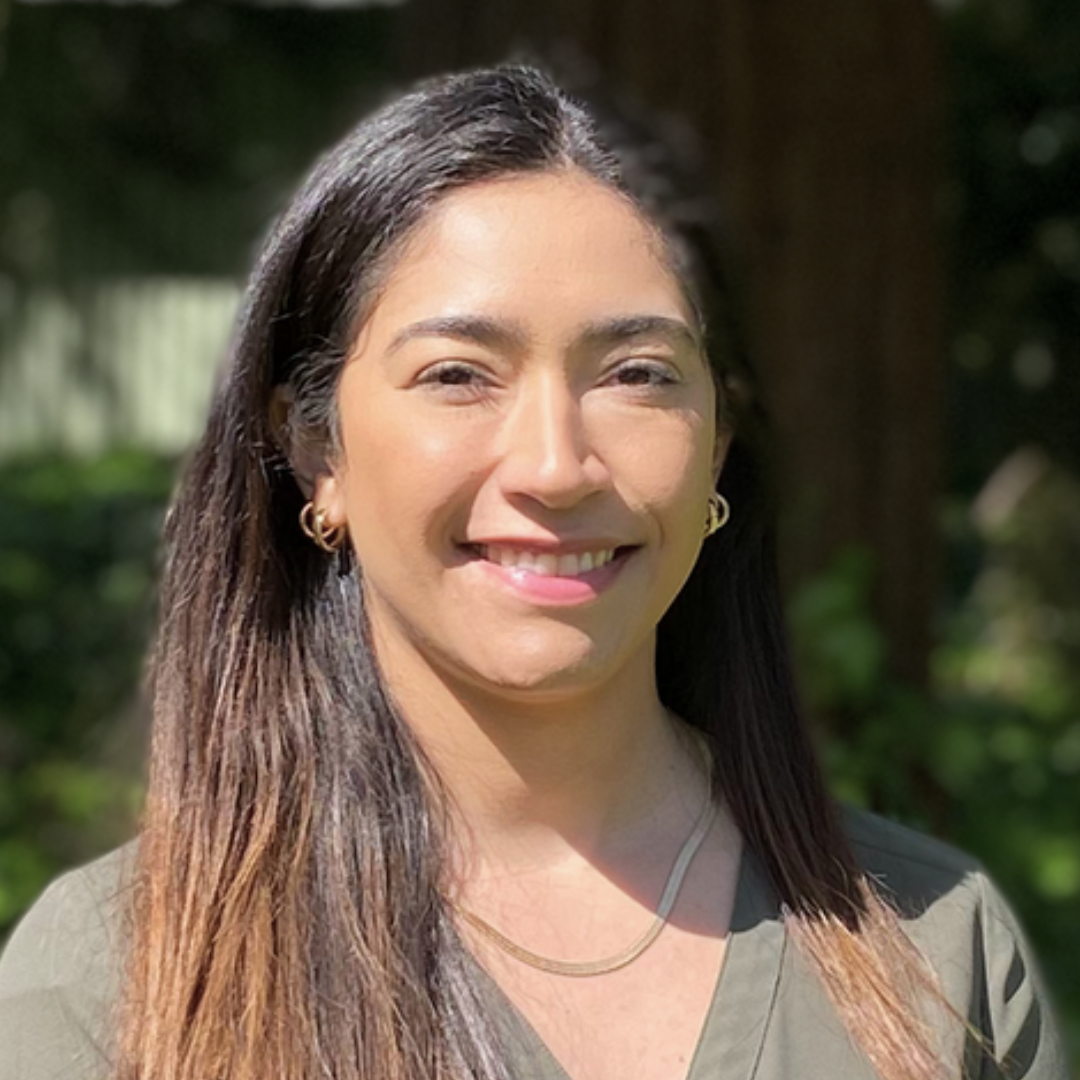
Maritza Miramontes
Psychology
Maritza Miramontes is a second-year Ph.D. student in developmental psychology. She is a member of the Mind Emotion Lab at the Center for Mind and Brain, where she studies children’s social-emotional development in parent-child interactions and across cultural groups. Maritza is interested in how parent’s beliefs about emotions shapes children’s emotion understanding and emotion regulation. Furthermore, she wants to examine how these beliefs and development of emotion understanding may be different across community and cultural groups and how this may impact children’s mental health.
- Dan Paz
-
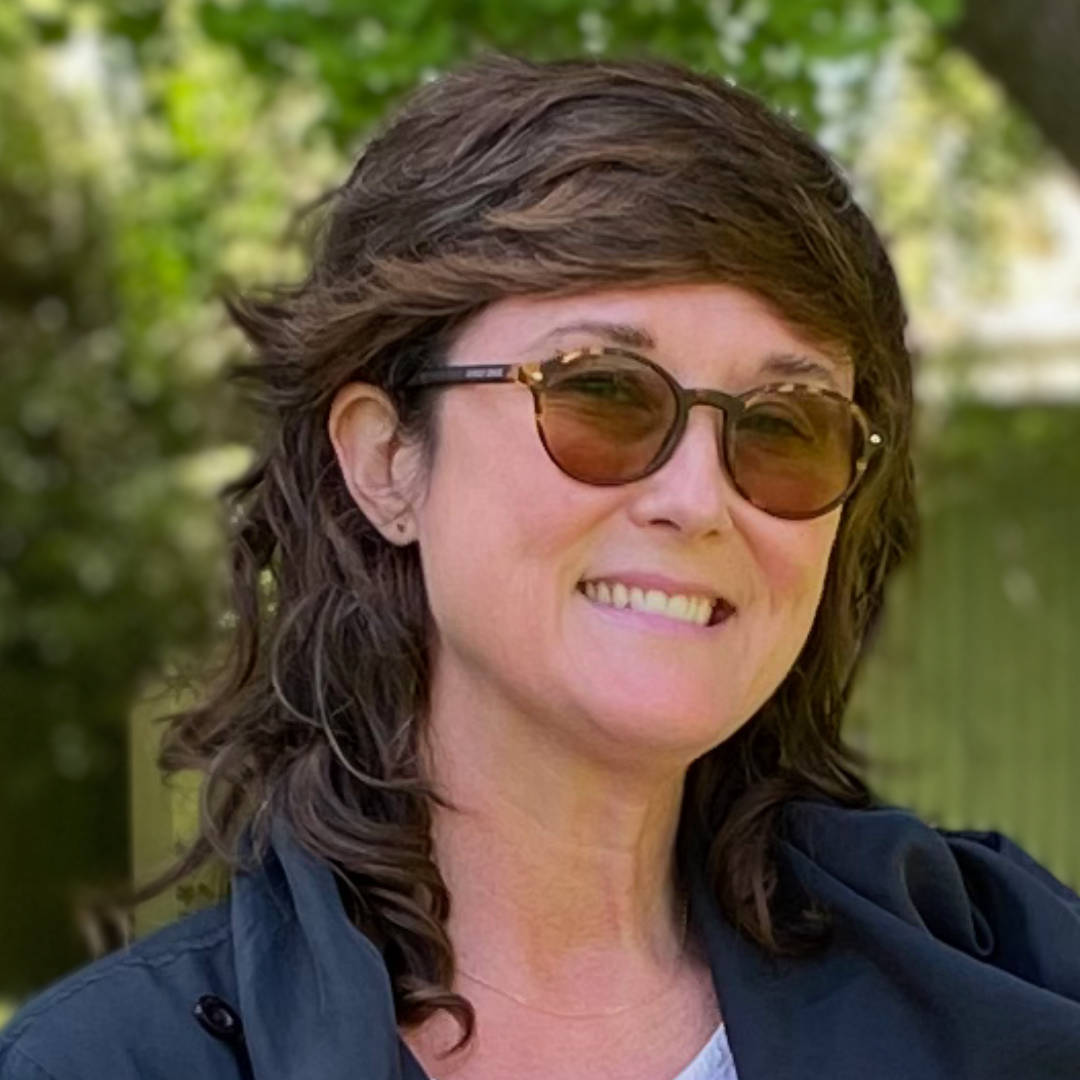
Dan Paz
Cultural Studies
Dan Paz is first-year cultural studies Ph.D. candidate, working towards a designated emphasis in Science and Technology Studies. Their research incorporates community engagement, carceral studies and technological aesthetics. In particular, they study the labor that surrounds photographic material, print distribution and digital circulation. Their work focuses on the transition of analog to digital, and the migration of print media to digital environments, specifically thinking through the life span of carceral information online and how that affects lgbtq2sia+ populations, communities of color and marginalized communities. Dan is a visual artist with an active studio practice, and their work was recently exhibited at The Latinx Project at NYU and the Soil Gallery in Seattle; as well as recent solo exhibitions at Michigan State University and Entre Gallery in Vienna, Austria.
- Tara Pozzi
-
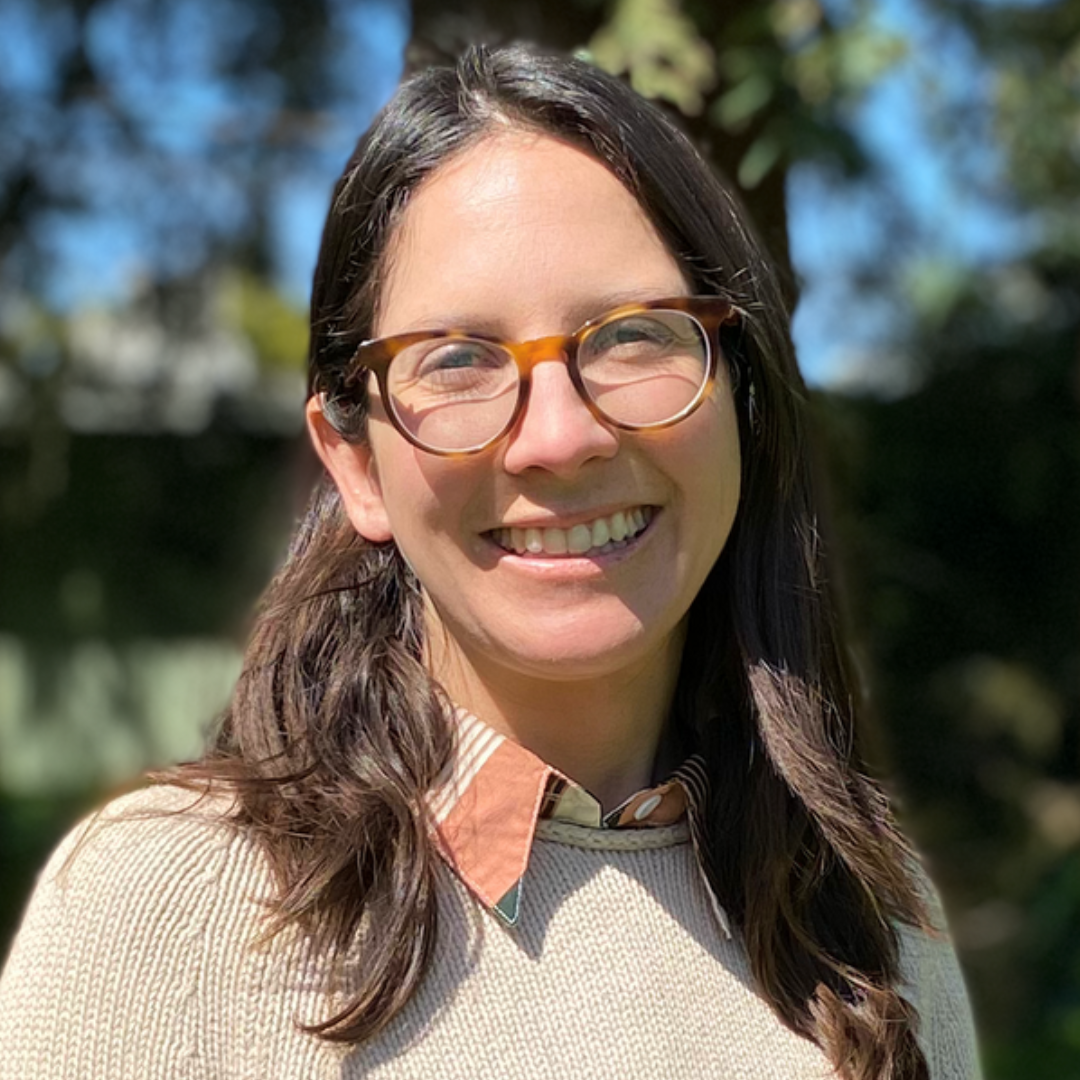
Tara Pozzi
Ecology
Tara is a Ph.D. student in the Center for Environmental Policy and Behavior. Her research broadly focuses on behavior and decision-making processes that influence local response to a changing climate. Tara uses a mixed-methods research approach, including quantitative and qualitative methods, to understand complex social systems that influence environmental outcomes. Tara’s research projects include technology uptake in flood risk managers, learning and cooperation for effective adaptive management and local climate adaptation governance. Tara earned her bachelor’s in civil engineering from Santa Clara University and her master's in human-environment systems from Boise State University.
2022-2023 Cohort
- Rose Bern
-

Rose Bern
Rose Bern is a first year social psychology Ph.D. student in the Eastwick Attraction and Relationships Lab. She is particularly interested in the role that erotic intimacy plays in the maintenance of both long-term and short-term relationships. Her work is grounded in non-dominant perspectives within relationship science, as she aims to interrogate heteronormative (i.e., the belief that heterosexuality is the only natural sexual orientation) and mononormative (i.e., the belief that romance and sex should only exist within a monogamous partnership) frameworks. Ultimately, she strives to do community psychology focused work that promotes the wellbeing of marginalized groups.
- Marc Dadigan
-

Marc Dadigan
Marc Dadigan is a third-year PhD student in Native American Studies as well as a longtime journalist and oral historian. He is the Associate Editor and Indigenous Affairs beat reporter for Shasta Scout, an emerging non-profit news organization that is experimenting with participatory journalism. His research focuses on chronicling Indigenous movements to restore fisheries and watersheds as well as decolonizing California water history.
- Alice Dien
-

Alice Dien
Alice Dien is a Ph.D. student in Biological Systems Engineering. Her research focuses on designing and evaluating desiccant drying systems that reduce food losses through more energy-efficient drying. As part of the UC Davis D-Lab team, Alice works with local and international community partners on projects related to interdisciplinary education and global engineering challenges. Projects Alice has previously contributed to include those related to sustainable agriculture, renewable energy, energy efficiency, and off-grid power.
- Aakansha Jain
-

Aakansha Jain
Aakansha Jain is a second year PhD student in the Transportation Technology and Policy Graduate Group at UC Davis. Her research interests lie at the intersection of transportation policy and social justice. Through her work she would like to explore how transport disadvantage and travel experiences affect social inclusion and well-being of disadvantaged population groups/communities by using a mixed-methods approach.
- Hollis Jones
-
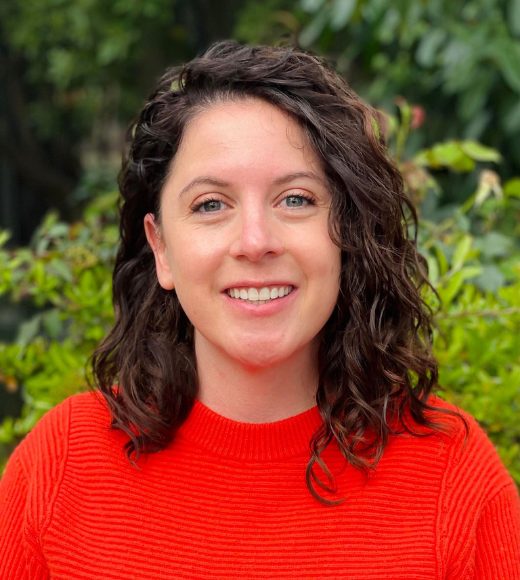
Hollis Jones
Hollis Jones is a PhD student in UC Davis’ Ecology Graduate Group advised by Dr. Anne Todgham. Her research focuses on the interaction between an increasingly unpredictable climate and domestication in commercial and conservation aquaculture species. As a NSF NRT Sustainable Oceans Fellow she has collaborated with Hog Island Oyster Co. to develop science-informed strategies for more sustainable oyster aquaculture. Prior to joining the Todgham Lab, she completed a masters at LSU that focused on the impacts of combined stressors on eastern oysters in the Gulf of Mexico and a Knauss Fellowship with NOAA working to facilitate research to application projects.
- Gabi Kirk
-

Gabi Kirk
Gabi Kirk is a PhD Candidate in Geography with a Designated Emphasis in Feminist Theory and Research. Working between political ecology, feminist geography, and geographies of colonialism, her dissertation project examines how Palestinian farmers and sustainable development organizations in the northern West Bank use agro-ecology in projects of identity formation and struggles for sovereignty. She also studies the settler-colonial history of agricultural science, examining the transnational circuits of agricultural and infrastructural expertise between California and Palestine from the 19th century onward. She has a personal and intellectual interest in interrogating Zionist claims to “Jewish indigeneity” through environmentalism. She is a co-founder of UC Davis's Political Ecology Lab and the Jadaliyya Environment Page, an organizer of the Left Coast Political Ecology Network and member of CRTMIL (Critical Militarization, Policing, and Security Studies working group) at UC Davis.
- Amelia Lawless
-

Amelia Lawless
Amelia Lawless is a Licensed Clinical Social Worker with a background in public health and she is in her final year as a PhD student in the Betty Irene Moore School of Nursing. Her professional background and interests are mainly in advocating for the most vulnerable populations of California, especially those who are or have been incarcerated. After working as a clinician and an administrator in the California state prison system, she developed a deep passion for understanding and improving the conditions that clinicians work in and inmates experience in setting of incarceration along with working on opportunities for decarceration. She is currently engaged in a Grounded Theory qualitative study with clinicians who work in rural jails in California. As a developing Scholar Activist, she is hopeful that they can continue to engage in interdisciplinary measures for social and racial justice.
- Tyler Méndez Kline
-

Tyler Méndez Kline
Tyler Méndez Kline is a 4th year linguistics PhD candidate at UC Davis. He specializes in sociolinguistics with a primary focus on Latinx/Hispanic language discourse, sociophonetics, and language contact. His dissertation examines the role of prosody in bilingual narrative practices within U.S. Mexican Spanish-speaking communities. Beyond that, he is also interested in human-computer interactions, social media discourse, and sociolinguistic perception in bilingual communities. Outside of research, he enjoys cooking, going to the beach, and spending time with loved ones.
- Andrea Odell
-

Andrea Odell
Andrea Odell is a 2nd year PhD student in the Ecology Graduate Group at UC Davis advised by Dr. Marissa Baskett. Her research uses mathematical and statistical modeling to investigate the importance of ecological nuance in fishery sciences in an effort to improve the management and conservation of commercially-valuable species. Her work spans across systems, from the highly-regulated US West Coast groundfish fishery to the data-poor coral reef fisheries throughout Oceania, where she hopes to be mindful of and encompass the unique characteristics of each fishing community in her research. To do so, she engages in interdisciplinary and community engagement training as an NSF NRT Sustainable Oceans Fellow and now as a Public Scholars for the Future Fellow.
- Gaurav Thapa
-

Gaurav Thapa
Gaurav Thapa is in his second year of the Geography Ph.D. program. His research interest is in digital geographies that lie within the intersecting fields of environmental justice, political ecology, and community engagement. Gaurav’s dissertation is situated in the semi-urban Pokhara, Nepal and Nepalgunj, Nepal where he is studying the participation in community mapping projects and their effect on community members. Further, Gaurav is trying to understand the social and political context around which specific projects and participants flourish. Gaurav completed his Master’s in Applied Geography from New Mexico State University and his Honours in Bachelor of Arts degree from University of Toronto, St. George Campus.
- Meghan Zulian
-

Meghan Zulian
Meghan Zulian is a third-year Ph.D. candidate in the Earth and Planetary Science graduate group, based at Bodega Marine Laboratory. Her research focuses on detecting changing ocean chemistry and its impacts on coastal benthic ecosystems. Inspired by her internship and ongoing work with the California Ocean Protection Council, she evaluates the quality of California’s monitoring networks at locations and times relevant to culturally, ecologically, and economically important coastal species. She is also working with conservation organizations and environmental managers to develop bio-indicators of changing ocean chemistry and establish best practices for coupled biological-chemical monitoring programs. Before beginning her Ph.D. here at UC Davis, Meghan received her Master’s in Earth Science from the University of Toronto and her undergraduate degree in Geological Sciences from Queen’s University, Canada. Meghan is excited to participate in the Public Scholars program. She looks forward to learning the theoretical and practical skills to build trust, nurture relationships, and conduct community-led collaborative research, a sharp pivot from historical relationships among geoscientists and communities.
